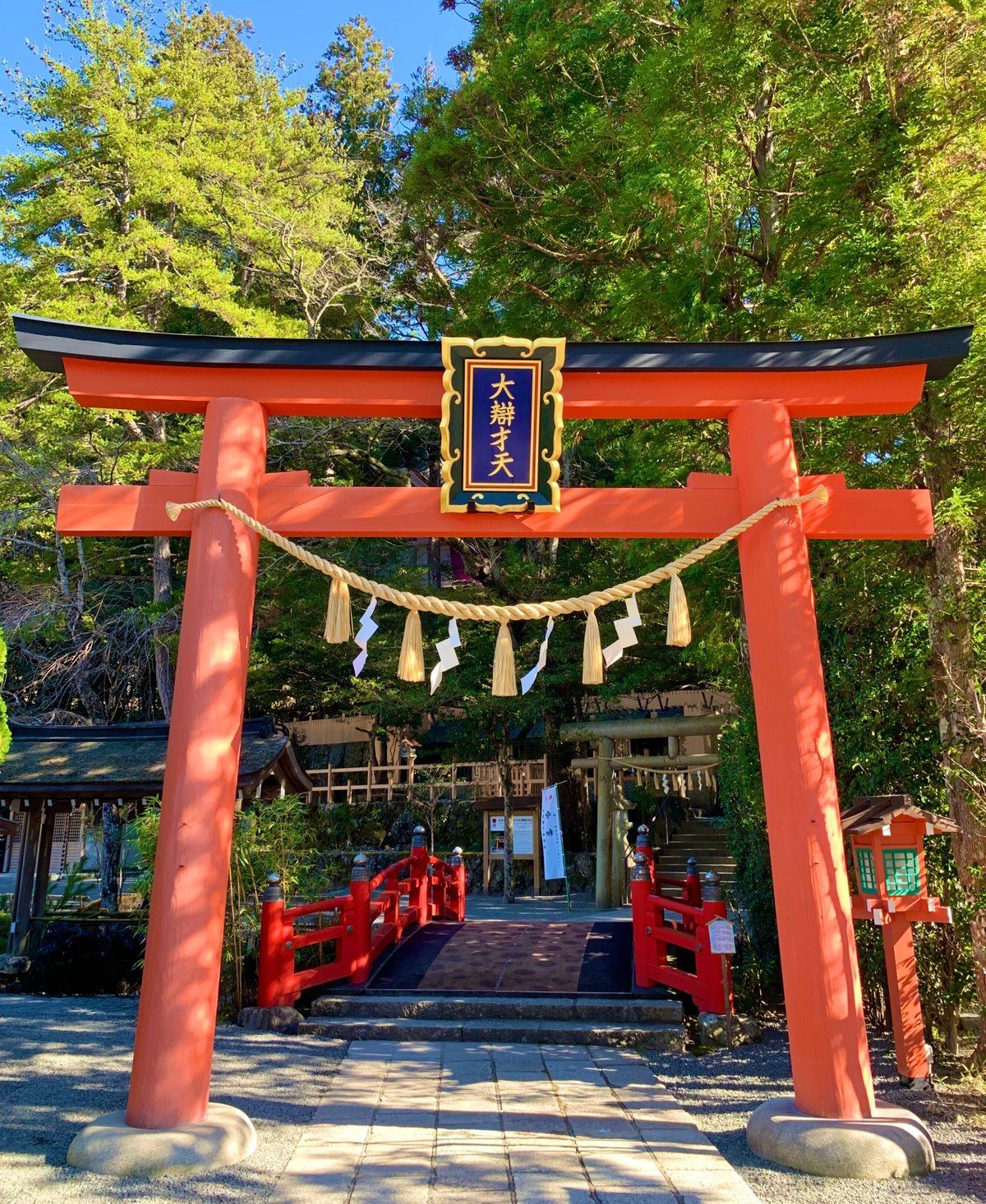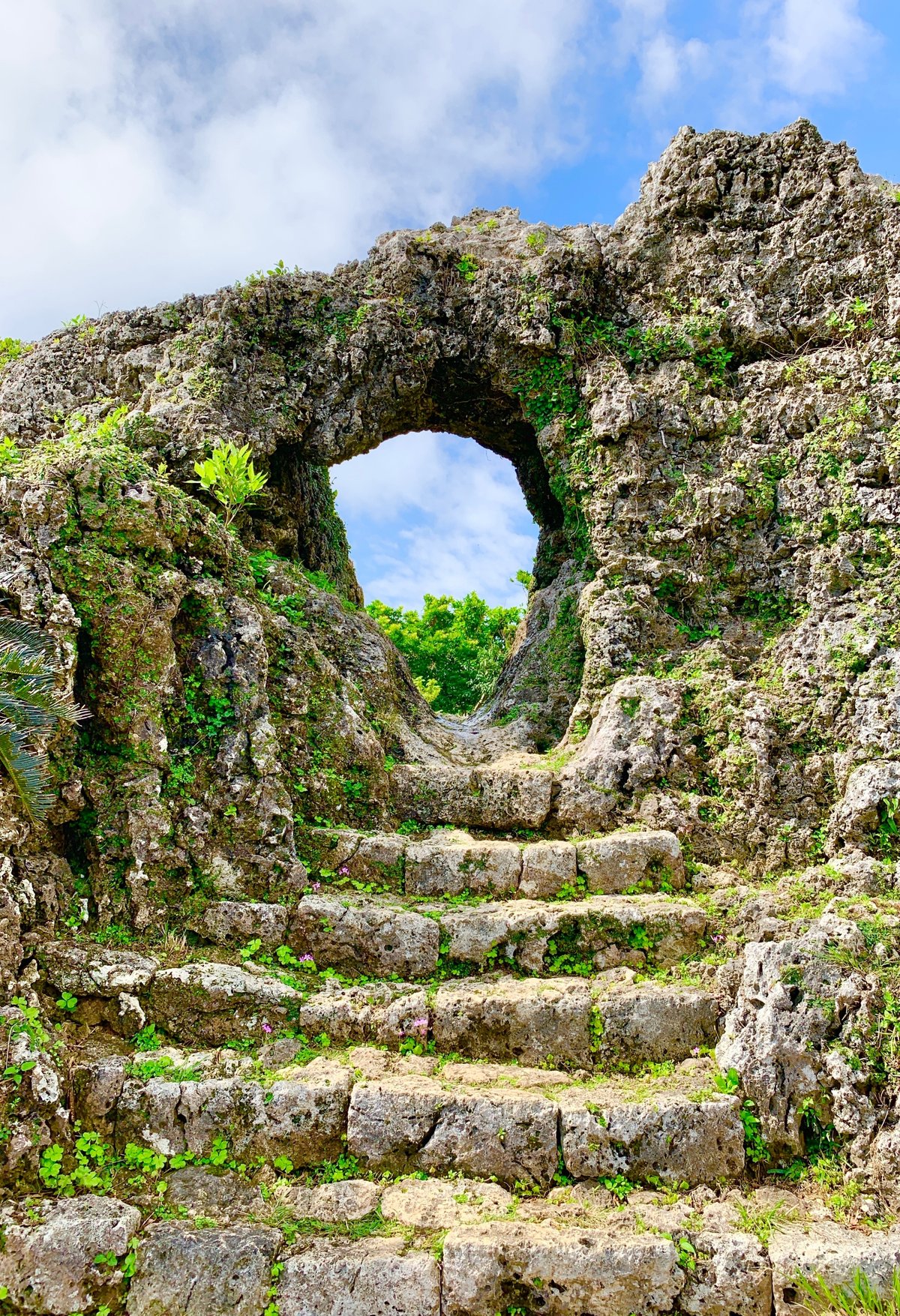
The Japanese people's openness, harmony, and spirituality 2
I believe it's about respecting, appreciating, and sometimes even fearing nature while striving for harmony. Western climbers often say they 'conquer' high mountains, but many Japanese may feel uncomfortable with this term. Japanese people express gratitude to the mountains, the seas, and nature.
Many Japanese who don't speak English, never travel abroad, and live within the Japanese culture may not realize it, but there's a growing number of foreigners and Japanese individuals who acknowledge Japan's uniqueness. It can be both good and bad, but I personally want to share the positive aspects of the Japanese people with the world. Would you be interested in covering the mysteries of Japan?

When Albert Einstein visited Japan, he went to a Shinto shrine and experienced Shintoism, reportedly expressing gratitude for these wonderful elements that Japan has preserved. Japanese people visit shrines during New Year's and on various occasions, making greetings, offering prayers, and enjoying the festivals held there. Typically, shrines don't demand anything from people except those who live in the immediate vicinity. There is a collection box for offering money, but it's completely voluntary, and many people contribute just a small coin. It's not about teachings or commandments; it's about a loose connection. This is something I find to be a common aspect among Japanese people: accepting and forgiving without focusing on ideologies, doctrines, or the underlying meaning. Instead, it's an attitude of 'well, that's okay.'
This might have been nurtured due to being an island nation, where it wasn't easy to reach neighboring countries. Simultaneously, it has its negative aspects, such as the pressure to conform.
Okinawa has a complex history, once being the Ryukyu Kingdom (1429-1879) and later under American control (1945-1972). Even today, it differs greatly from mainland Japan in terms of nature, culture, and people's mentalities. Being a small island, people from various places have migrated, and this is evident in the appearances of many Okinawans, which can differ significantly from mainland Japanese.
Moreover, beliefs and places associated with them are distinct. In mainland Japan, the sanctified place is often a Shinto shrine. In Okinawa, there are sacred sites known as 'Utaki' or 'Gusuku,' and they don't have the typical torii gates, honden (main hall), or administrative offices found in Shinto shrines.

Some might resemble castles with stone walls, and the character used for these places is often the same as 'castle' (though pronounced differently), but many of them consist of just rocks, trees, and grass.

Additionally, in contrast to mainland Japan where Shinto priests are typically male (with the exception of miko or shrine maidens), in Okinawa, women often lead the religious ceremonies at sacred sites."
Continuing...
coo
All photos:coo
この記事が気に入ったらサポートをしてみませんか?
